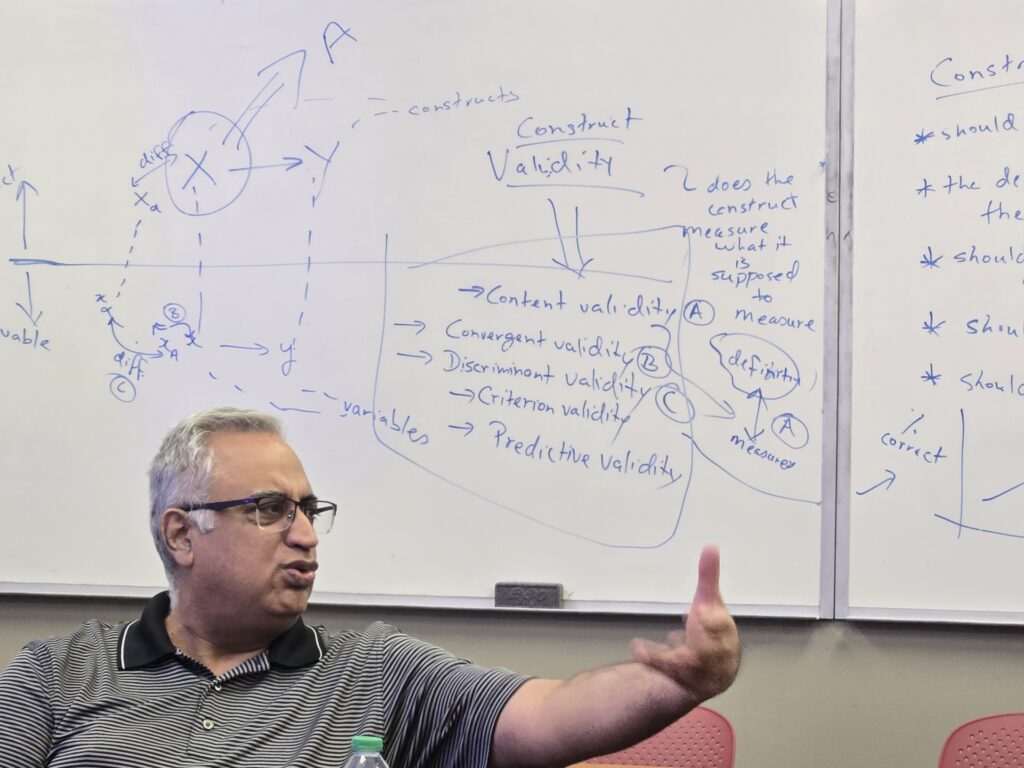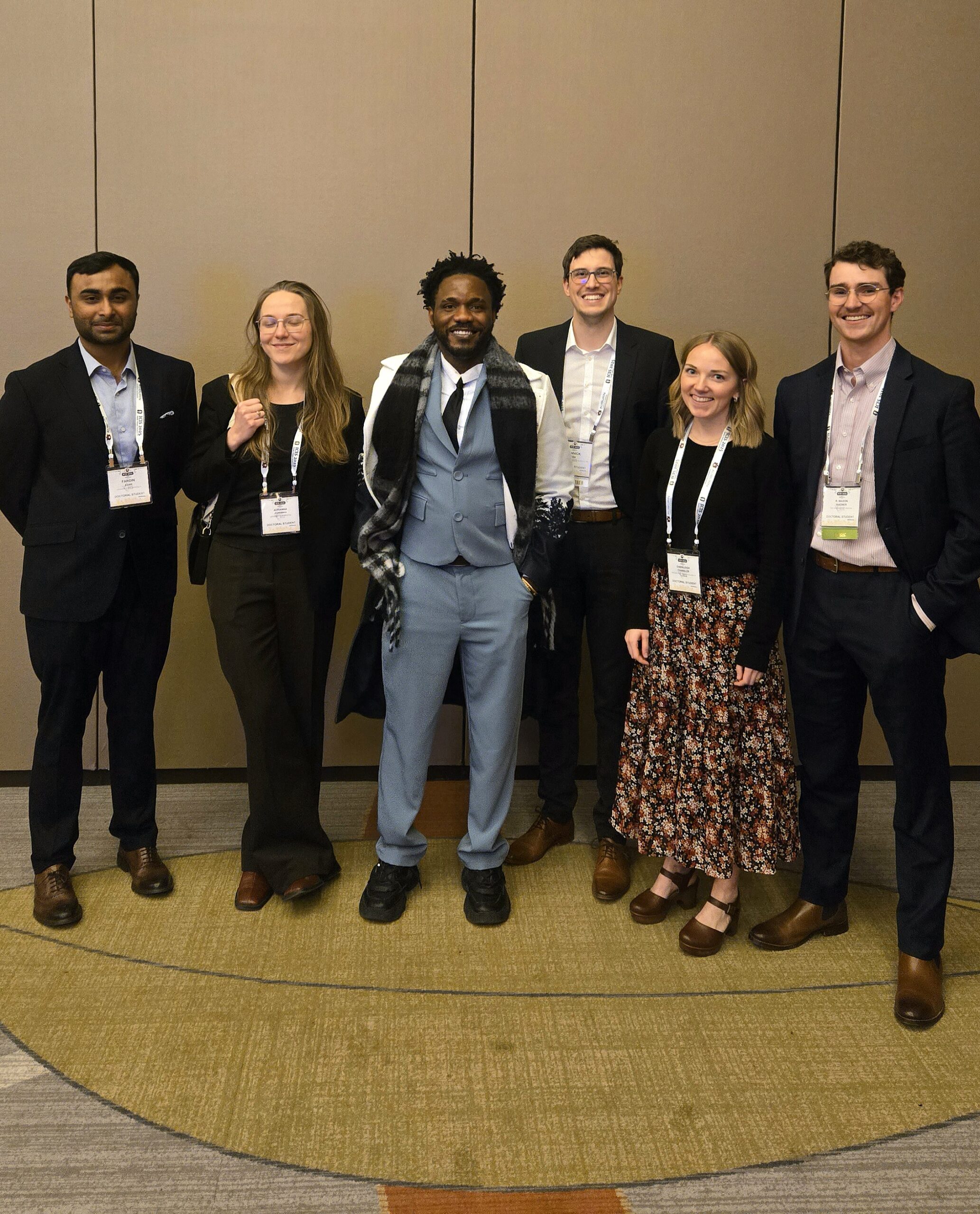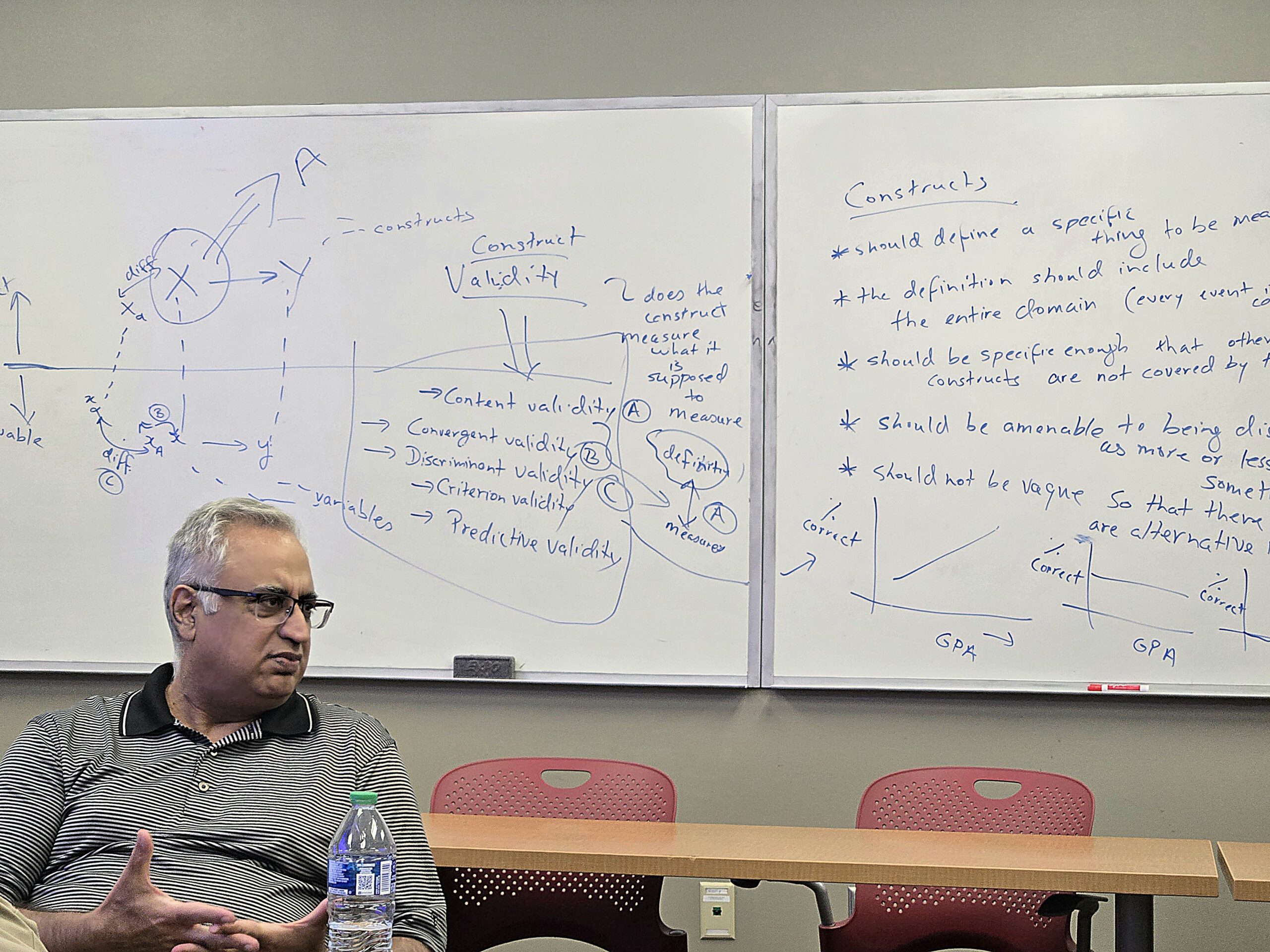Introduction
The study of knowledge, its nature, and how we acquire it – known as epistemology – has been a fundamental pursuit in philosophy and science for centuries. This article delves deeply into the evolution of knowledge epistemology, tracing its development from ancient Greek philosophy to modern scientific thinking. We’ll examine in detail how different perspectives on knowledge have shaped scientific methodologies and profoundly influenced our understanding of truth and reality.

Phase 1: Absolute Knowledge – The Greek Philosophers
The first phase of knowledge epistemology began with classical Greek philosophers such as Plato, Aristotle, and Socrates around 400 BCE. Their conception of knowledge was markedly different from our modern understanding:
- Knowledge as Absolute and Static: The Greek philosophers believed in the existence of absolute, unchanging truths. These truths were not subject to revision or improvement; they simply existed, waiting to be discovered.
- Innate Knowledge: A key belief was that knowledge was innate to individuals. Plato, in particular, argued that every child is born with complete knowledge already present within them.
- Corruption by Sensory Experience: Intriguingly, these philosophers believed that interaction with the world through sensory experiences actually corrupted this innate knowledge. The body and its senses were seen as imperfect vessels that obscured the pure, innate knowledge of the soul.
- Role of Philosophers: In this view, the role of philosophers was to help individuals uncover or remember this innate, absolute knowledge. They saw themselves not as creators of knowledge, but as midwives helping to birth already-existing truths.
- Prescriptive Nature: This knowledge was often prescriptive in nature, providing edicts on how to live life morally and achieve happiness. It was seen as a guide for proper living rather than a description of the physical world.
This view of knowledge as an unchanging, inherent truth persisted through the Renaissance period, shaping Western thought for nearly two millennia.
Phase 2: The Emergence of Rationalism and Empiricism
As human thought evolved over centuries, two new concepts emerged to challenge the absolute view of knowledge:
- Rationalism: This school of thought, championed by philosophers like René Descartes, posited that knowledge is primarily a product of rational reflection. Rationalists believed that certain truths could be known independently of sensory experience, through the use of reason alone.
- Empiricism: In contrast, empiricists like John Locke argued that knowledge is derived primarily from sensory perception. They believed that the mind starts as a “blank slate” and that all knowledge comes from experience and observation.
These ideas led to the development of the reflection-correspondence view, which attempted to reconcile these seemingly opposing perspectives:
- Objective Reality: This view maintained that there is an objective reality existing independently of our perceptions.
- Sensory Perception: We perceive this reality through our senses, gathering data about the world around us.
- Mental Reflection: We then reflect on these perceptions in our minds, processing and interpreting the sensory data.
- Correspondence: Through this process of perception and reflection, we create a correspondence between our understanding and reality. Our knowledge, in this view, is an attempt to map onto or correspond with the objective world.
- Progressive Understanding: Importantly, this view suggested that as we continue this cycle of reflection and correspondence, we get progressively closer to understanding objective reality. This introduced the idea of knowledge as a dynamic, improving entity rather than a static, absolute truth.
Kantian Synthesis
Immanuel Kant made a significant contribution to epistemology with his “Kantian synthesis.” Kant sought to bridge the gap between rationalism and empiricism, proposing a more complex model of how we acquire and structure knowledge:
- Cognitive Structures: Kant proposed that we have innate cognitive structures that shape our understanding of the world. These structures include concepts like space, time, causality, and the idea of objects.
- Organization of Perceptual Data: According to Kant, we organize our perceptual data based on these cognitive structures. Our minds are not passive receivers of sensory information but active organizers of experience.
- Phenomenal vs. Noumenal World: Kant distinguished between the world as it appears to us (the phenomenal world) and the world as it is in itself (the noumenal world). He argued that while we can know the phenomenal world, the noumenal world remains inaccessible to us.
- Synthetic A Priori Knowledge: Kant introduced the concept of synthetic a priori knowledge – knowledge that is both informative (synthetic) and knowable independently of experience (a priori). This challenged the traditional division between analytic and synthetic propositions.
Kant’s synthesis moved the understanding of knowledge from a simple model of sensation and perception to a more complex one involving cognition. This provided a sophisticated framework for how we make sense of the world and laid the groundwork for many subsequent developments in epistemology.
Phase 3: The Pragmatic View
The late 19th and early 20th centuries saw the emergence of the pragmatic view, which marked a significant shift in epistemological thinking. This perspective, championed by philosophers like William James and John Dewey, shifted focus from correspondence to truth to correspondence for usefulness. Key aspects of this view include:
- Knowledge as Models: The pragmatic view posits that knowledge is equivalent to models of the world. Instead of seeing knowledge as a direct representation of reality, pragmatists view it as a set of conceptual tools for understanding and interacting with the world.
- Approximations: All models, in this view, are considered approximations. There is no perfect, complete representation of reality, only more or less useful models.
- Problem-Solving Focus: The value of knowledge, according to pragmatists, lies in its ability to solve problems. We should select the best model based on its usefulness in addressing the issues at hand, rather than on its supposed closeness to absolute truth.
- Dynamic Nature of Knowledge: Better models replace older ones as science advances. This view embraces the idea of knowledge as a dynamic, evolving entity rather than a static body of truths.
- Practical Consequences: Pragmatists argue that the meaning of a concept is best understood through its practical consequences. This shifts the focus from abstract philosophical debates to the real-world implications of ideas.
Logical Positivism and the Vienna Circle
In the 1920s, a group of philosophers and scientists known as the Vienna Circle formalized the concept of logical positivism. This philosophy, influenced by the pragmatic view but taking it in a more rigorous direction, held several key principles:
- Experience-Based Knowledge: Logical positivists asserted that all meaningful knowledge is based on experience. They rejected the idea of innate knowledge or truths knowable independently of experience.
- Verifiable Statements: They argued that meaningful statements should be empirically verifiable. Any claim that couldn’t be tested or observed was considered meaningless from a scientific perspective.
- Two Sources of Knowledge: Logical positivists recognized two primary sources of knowledge:
a) Logical Reasoning: Knowledge could be derived through logical deduction from established premises.
b) Empirical Experience: Knowledge could be gained through direct observation and experimentation. - Rejection of Metaphysics: Perhaps most controversially, logical positivists expelled metaphysical concepts from the realm of science. Anything that couldn’t be observed or measured – including religious concepts, psychological states, and abstract philosophical ideas – was considered outside the bounds of scientific inquiry.
- Unified Science: The Vienna Circle aimed to create a unified scientific language that could express all scientific knowledge, believing this would facilitate progress across all fields.
Falsifiability – Karl Popper’s Critical Contribution
Karl Popper, initially associated with the Vienna Circle but later diverging from some of its principles, introduced the crucial concept of falsifiability. His ideas have become foundational to modern scientific methodology:
- Critique of Verification: Popper argued that verification is ambiguous and insufficient as a criterion for scientific knowledge. No amount of confirming evidence can prove a universal statement true, but a single counterexample can prove it false.
- Falsifiability as a Criterion: He proposed that scientific statements should be falsifiable. For a theory to be considered scientific, it must make predictions that could potentially be proven false through observation or experimentation.
- Science as Conjecture and Refutation: Popper saw the goal of science not as proving theories true, but as a process of proposing bold conjectures and then attempting to refute them. Those theories that withstand rigorous attempts at falsification are considered provisionally accepted.
- Precision and Equipment: Falsification requires precise concepts and adequate methods/equipment. The ability to falsify a statement depends on having clear definitions and the technological means to test predictions.
- Demarcation Criterion: Falsifiability served as Popper’s demarcation criterion between science and non-science. Fields that don’t produce falsifiable theories, in his view, cannot be considered scientific.
Popper’s ideas became particularly influential in statistics, where we now test hypotheses through attempts at rejection rather than confirmation.
Thomas Kuhn and the Paradigm Shift
Thomas Kuhn introduced a revolutionary perspective on scientific progress with his 1962 book “The Structure of Scientific Revolutions.” His concept of paradigm shifts challenged many established notions about how science advances:
- Paradigms: Kuhn introduced the concept of scientific paradigms – shared conceptual frameworks within which scientists operate. These include theories, methods, standards, and metaphysical assumptions that shape how scientists view and investigate the world.
- Normal Science: Most scientific work, according to Kuhn, is “normal science” – solving puzzles within the established paradigm. Scientists in this phase aren’t trying to disprove the paradigm but are extending and refining it.
- Anomalies: Over time, anomalies – observations that can’t be explained within the current paradigm – accumulate. Initially, these might be ignored or explained away.
- Crisis: As anomalies mount, a crisis develops in the field. Scientists begin to question the fundamental assumptions of their paradigm.
- Scientific Revolution: Eventually, a new paradigm is proposed that can explain the anomalies. If it gains enough adherents, a “paradigm shift” occurs, fundamentally changing how scientists in the field view their subject.
- Incommensurability: Kuhn argued that different paradigms are often incommensurable – they can’t be directly compared because they operate with different fundamental assumptions and even different definitions of basic concepts.
- Non-Cumulative Progress: Unlike the view of science as a steady accumulation of knowledge, Kuhn saw scientific progress as periodic revolutionary changes in worldview.
Kuhn’s ideas were controversial among traditional scientists who saw themselves as objective seekers of truth. His suggestion that science was influenced by subjective factors and operated within potentially flawed paradigms challenged the image of the scientist as a dispassionate observer of nature.
However, social scientists embraced Kuhn’s thinking as it elevated the status of their disciplines. It suggested that the natural sciences weren’t fundamentally different from social sciences in their susceptibility to paradigm-bound thinking.
Impact on Modern Scientific Thinking
The evolution of knowledge epistemology has profoundly influenced how we approach scientific research and understand the nature of knowledge:
- Humility in Scientific Claims: Understanding the historical development of epistemology has fostered a more humble approach to scientific claims. Scientists are now more likely to present their findings as provisional rather than absolute truths.
- Importance of Context: Kuhn’s work highlighted the importance of understanding the paradigm or context within which scientific work is conducted. This has led to increased attention to the philosophical and sociological aspects of science.
- Debate on Scientific Progress: There is ongoing debate about the nature of scientific progress. Is science getting closer to truth, as the reflection-correspondence view suggests, or is it simply shifting between incommensurable paradigms, as Kuhn argued?
- Interdisciplinarity: The recognition that different fields might operate under different paradigms has encouraged more interdisciplinary work, as scientists seek to bridge gaps between differing worldviews.
- Funding and Value: These epistemological considerations influence funding decisions and the perceived value of different types of research. They raise questions about how to evaluate the worth of research conducted under different paradigms.
- Methodology: The emphasis on falsifiability has shaped how experiments are designed and how results are interpreted across many scientific disciplines.
- Philosophy of Science: These developments have reinvigorated the philosophy of science, leading to new questions about the nature of scientific explanation, the role of models in science, and the relationship between theory and observation.
Conclusion
The journey from the absolute, static knowledge of Greek philosophy to our current understanding of science as a dynamic, paradigm-influenced process has been long and complex. Each phase in the evolution of epistemology has contributed valuable insights into the nature of knowledge and how we acquire it.
As we continue to grapple with questions of epistemology, we refine our approaches to research and our understanding of what constitutes knowledge. The pragmatic view reminds us to consider the usefulness of our models, while Popper’s falsifiability criterion provides a rigorous standard for scientific theories. Kuhn’s paradigm shifts alert us to the potential for revolutionary changes in our understanding and the importance of remaining open to new ways of thinking.
This ongoing evolution ensures that our quest for understanding remains as vibrant and challenging as ever. It underscores the idea that science, far from being a settled body of facts, is a living, breathing endeavor that continues to grow and change. As we move forward, new epistemological perspectives will undoubtedly emerge, continuing to shape how we perceive, pursue, and validate knowledge in both scientific and broader contexts.










Leave a Reply